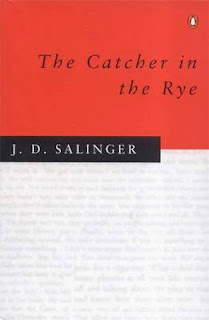Red Plenty - Francis Spufford

If I told you that one of the dramatic highlights of Red Plenty is an upgrade to a Siberian viscose works, you might jump to the conclusion that it has niche appeal. But thanks to the literary wizardry of Francis Spufford this event is genuinely an enthralling plot point, and only one of many he uses to bring to life how Russian society operated in the Khrushchev era. As if the subject wasn't risky enough, Spufford decided not to write the conventional history he was planning and instead made what he describes as a "Russian fairytale", a kind of heightened-reality novelisation of history. It may sound unappealingly quirky but it works brilliantly because it's a perfect fit for the story he's telling. It could easily have ended up like one of those TV history shows where actors prance about in period costume while a voiceover explains what's really going on, but it is much more immersive than that. There are real lives being lived here, albeit fairytale rea...
















